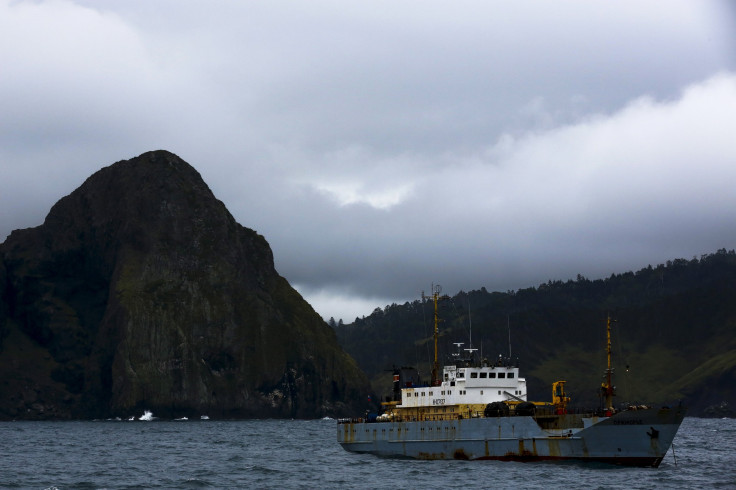Russia Ready For War? Japan Vows Retaliation Over Moscow’s Missile Deployment In Disputed Islands

Japan has vowed to retaliate after Russia’s deployment of anti-ship missiles to disputed islands in the Pacific Ocean. The news comes as Moscow successfully tested intercontinental ballistic missiles (ICBM) intended for its "nuclear trains" program.
Russia's armed forces announced this week that its Bastion and Bal anti-ship missile systems had been put into operation on the islands, an archipelago in the Pacific Ocean, which Russia and Japan have both claimed for 70 years. The disputed islands, which are known as the Kuriles in Russia, have strained relations between the two countries since World War II when they were seized by the Soviet military. This has also prevented Moscow and Tokyo from signing a peace treaty to formally end wartime hostilities.
“We consider this [development] to have serious significance, and will respond in an appropriate manner, after studying the details,” Japan's Foreign Minister Fumio Kishida reportedly said Wednesday.
However, Kishida added that he hoped to make progress on concluding a peace deal with Moscow during a visit by Russian President Vladimir Putin to Japan in December.
Japanese Prime Minister Shinzo Abe said this year the lack of a peace treaty between Moscow and Tokyo was “abnormal.”
There have been several obstacles in the way of a peace treaty between the two nations. Tokyo insists that sovereignty of the islands, known as the Northern Territories in Japan, must be resolved before a peace treaty can be concluded. However, Moscow says the two issues are separate and that it occupied the islands legitimately in 1945.
On Wednesday, Kremlin spokesman Dmitry Peskov reportedly said that Russia’s defense ministry had grounds for deploying the anti-ship missiles in the disputed islands.
"But at the same time from our point of view it should not in any way influence the centripetal trend which exists in our bilateral relations with Tokyo," Peskov said, adding that this was done "in terms of the careful preparations for the forthcoming visit of President Putin to Japan and in terms of continuing contacts to develop our bilateral ties, especially in the economic sphere, and negotiations on the peace deal issue."
Bastion missiles have a range of up to 188 miles and have also been deployed by Russia in Crimea, which the Kremlin annexed from Ukraine in 2014. Bal anti-ship missiles also have a similar range.
"No matter what the intentions were from the Russian side, this is more bad news for Abe," James Brown, an associate professor at Temple University Japan Campus in Tokyo, said, according to Reuters. "The Kantei (prime minister’s office) will need to work hard to convince the Japanese public of the wisdom of the 'new approach.'"
Meanwhile, reports surfaced about Russia's testing of missiles for the Barguzin "railway-based combat rocket system."
"They were fully successful," a military source told the state-owned Interfax news agency, "paving the way for further flight tests."
According to reports, the mobile weapons platform, made up of several train carriages designed to conceal the launchers of six Yars or Yars-M thermonuclear ICBMs and their command units, are expected to enter service between 2018 and 2020.
© Copyright IBTimes 2024. All rights reserved.











